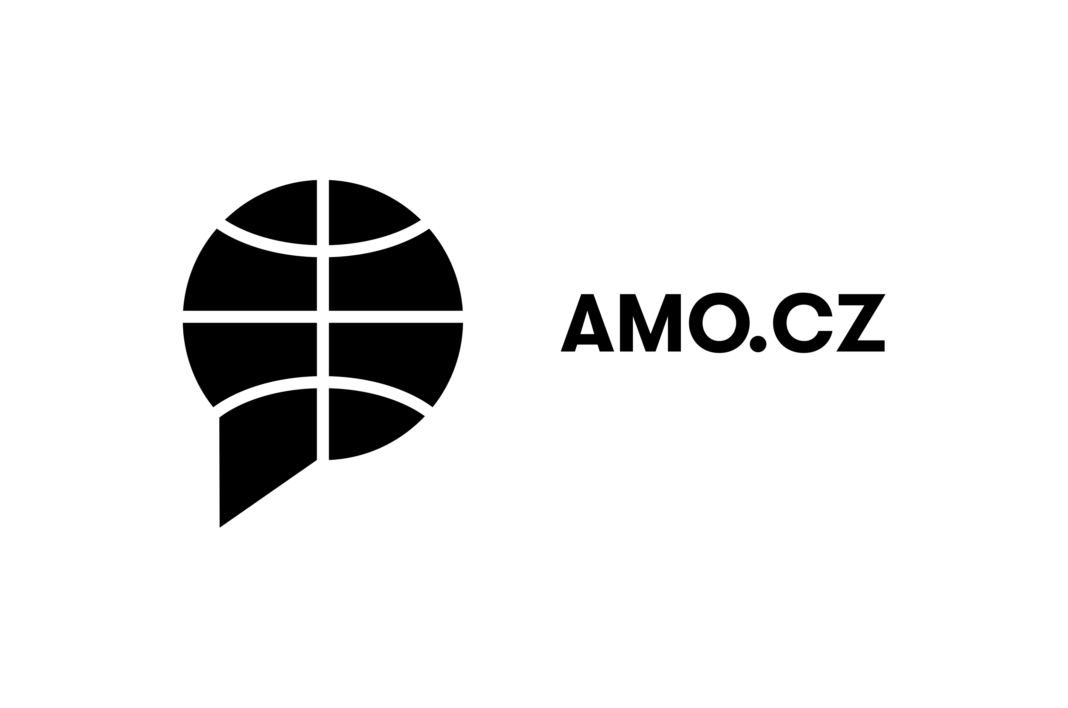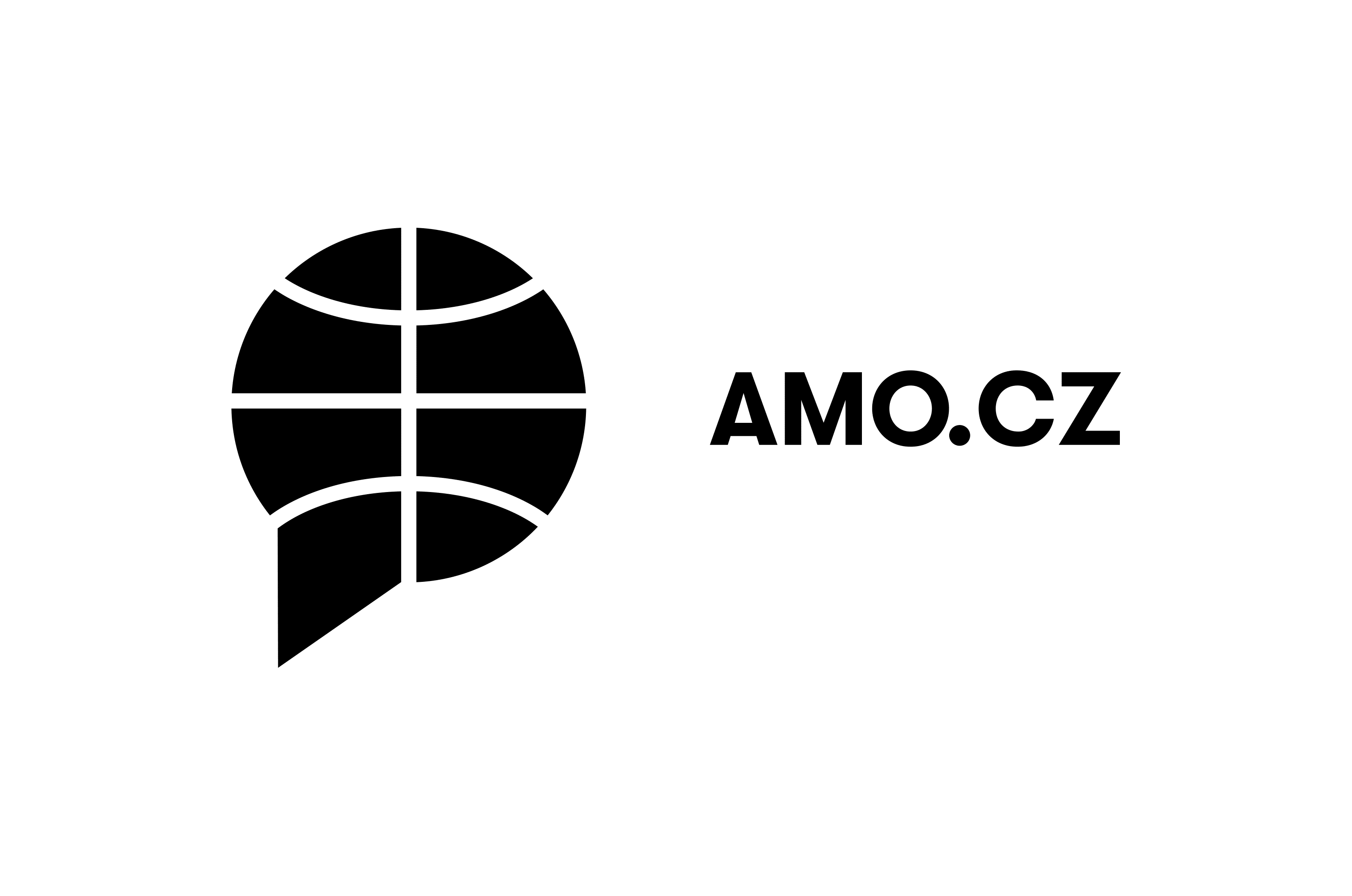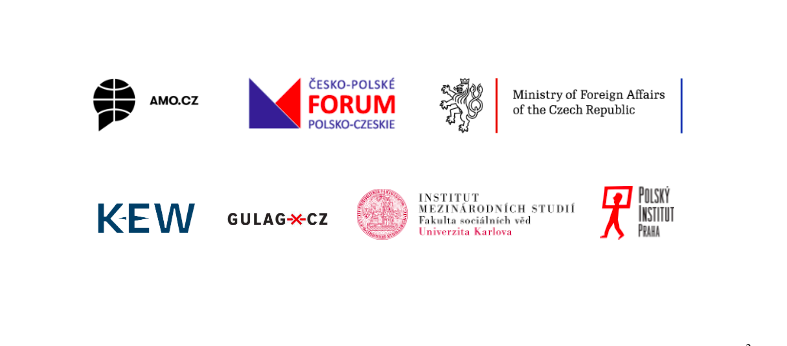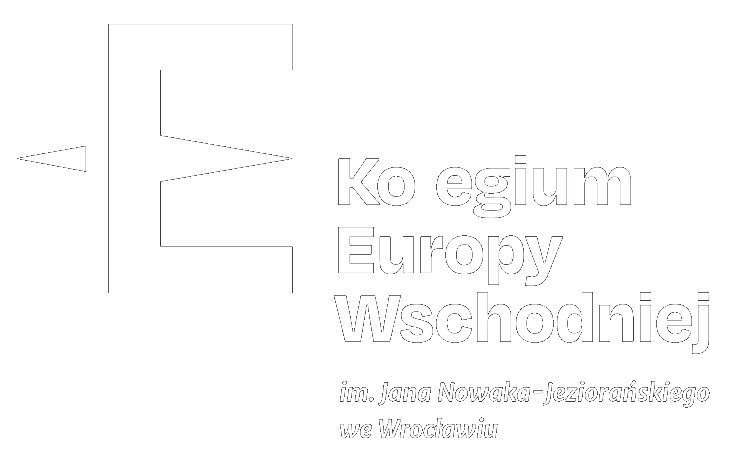

Czechia, Poland and the Current Russian Historical Narratives: Old Problems, New Common Opportunities
Tuesday, 9 November 2021, 10:00-16:30
Černín Palace, Loretánské nám. 5, Prague 1, Czech Republic
Please register until 5 November 2021 at: https://tinyurl.com/AMOconference
Programme
9:30 – 10:00: Registration and coffee
10:00 – 10:15: Welcome notes
●Aleš Chmelař, Deputy Minister for European Affairs, Ministry of Foreign Affairs of the Czech Republic
●Vít Dostál, Executive Director, Association of International Affairs (AMO)10:15 – 10:45: Opening remarks
●Małgorzata Kosiura-Kaźmierska, Director of the EasternDepartment of the Ministry of Foreign Affairs of Poland
●Jaroslav Kurfürst, Special Envoy for the Eastern Partnership,Ministry of Foreign Affairs of the Czech Republic
●Břetislav Dančák, Chairman of the Programme Council of the Czech-Polish Forum, Vice-Rector for internationalisation of Masaryk University
10:45 – 12:15: Politicization of Historical Memory and Reflection of the 20th Century from the Russian Federation – Czech and Polish Experience
Today’s Russian leadership is trying to politicize the historical memory and history of the 20th century. This is not only the case of the World War II, but also other moments of the last century, which Russian diplomacy often abuses to pursue its foreign policy goals and put pressure on domestic and foreign opponents in Central and Eastern Europe. The introductory high level panel will therefore allow for the exchange of experiences between Czech and Polish experts on this topic. A comparison of Czech and Polish experience in the field of historical memory will be drawn and lessons learned from how to cope with Russian pressure.
Moderator:
●Adam Balcer –Program Director, Kolegium Europy Wschodniej im. Jana Nowaka-Jeziorańskiego (KEW)
Panelists:
●Jiří Schneider –Independent Researcher and Former First Deputy Minister of Foreign Affairs of the Czech Republic
●Maria Domańska –Senior Fellow, Ośrodek Studiów Wschodnich (OSW)
●Sergei Medvedev –Historian and Professor at the MoscowFree University
12:15 – 13:15: Lunch and projection of “Okupanty z donucení” Documentary
13:15 – 14:45: 30 Years since the Collapse of USSR: Czech and Polish Experience with Shaping Historical Narratives of the New Russia
The panel is going to focus on shrinking space for historical research after the collapse of the USSR and cover opportunities for dealing with key challenges for common history offered by new actors in the Russian historical policy in the Czech-Polish context. The panel is going to include sharing of experiences and best practices with access to domestic and Russian archives, the work of bilateral commissions of historians and archivists as well as jointly implemented historical projects. The aim of the panel is to map Russian historical policy from the Czech and Polish perspectives and to find out under what conditions the past is politicized with special emphasis on the collapse of the Soviet Union, whose anniversary we commemorate this year. What are the opportunities for dealing with key topics of common history, which new actors of the Russian historical policy offer in the Czech and Polish context?
Moderators:
●Daniela Kolenovská –Head of the Department of Russian and Eastern European Studies, Institute of InternationalRelations, Faculty of Social Sciences, Charles University in Prague
●Ondřej Klípa– Lecturer at the Department of Russian and East European Studies, Institute of International Relations,Faculty of Social Sciences, Charles University in Prague
Panelists:
●Jiří Vykoukal– Senior Lecturer at the Institute ofInternational Relations, Faculty of Social Sciences, CharlesUniversity in Prague
●Lukasz Adamski– Deputy Head of the Center for Polish-Russian Dialogue and Understanding based in Warsaw
●Robert Latypov– Chairman of the Perm Youth Memorial, Russia
14:45 – 15:00: Coffee break
15:00 – 16:15: Stalinism in Today’s Russia: Contradictory Acceptance and Influence on International Politics
How does Russian society accept the period of Stalinism and the theme of Soviet repressions today?On the one hand, the Gulag State Museum in Moscow was established, but on the other hand, the Russian regime is putting more and more pressure on independent researchers and seeking are turn to a positive perception of Joseph Stalin and his period. Is it a purely intra-Russian struggle for the interpretation of history?And what might be its international implications?The debate will focus on the case of imprisoned Yuri Dmitrijev in the context of the work of independent historians in Russia. The discussion is also going to feature the attempt to discredit the interpretation of the crime of the Soviet regime through personal attack and dishonesty of the historian. Other topics include cases of deleted memory locations, resp. tables commemorating the violent nature of Stalinism (e.g.the Katyn Massacre) in the context of expansion of new monuments commemorating Stalin, or museums and burial grounds as reminders of the victims of Stalinism and Soviet repression.
Moderator:
●Štěpán Černoušek –Historian and Chairman of the Gulag.cz civic initiative
Panelists:
●Daniela Kolenovská –Head of the Department of Russian and Eastern European Studies, Institute of InternationalRelations, Faculty of Social Sciences, Charles University in Prague
●Mateusz Drozdowski –Lecturer, Institute of History and Archival Sciences, Pedagogical University of Kraków
16:15 – 16:30 Concluding remarks
●Przemysław Żurawski vel Grajewski –Advisor in the Political Cabinet of the Minister of Foreign Affairs of Poland
●Jan Šnaidauf– Director of the Department of ForeignPolicy Analysis and Planning, Ministry of Foreign Affairs ofthe Czech Republic
16:30 – 18:00 Glass of wine
Organiser
AMO is a non-governmental not–for–profit Prague-based organization founded in 1997. Its main aim is to promote research and education in the field of international relations. AMO facilitates expression and realization of ideas, thoughts, and projects in order to increase education, mutual understanding, and tolerance among people. www.amo.cz | www.facebook.com/AMO.cz | @AMO_cz
Contact
Pavel Havlíček, Research Fellow, Association for International Affairs +420 720 123 107 pavel.havlicek@amo.cz 3




